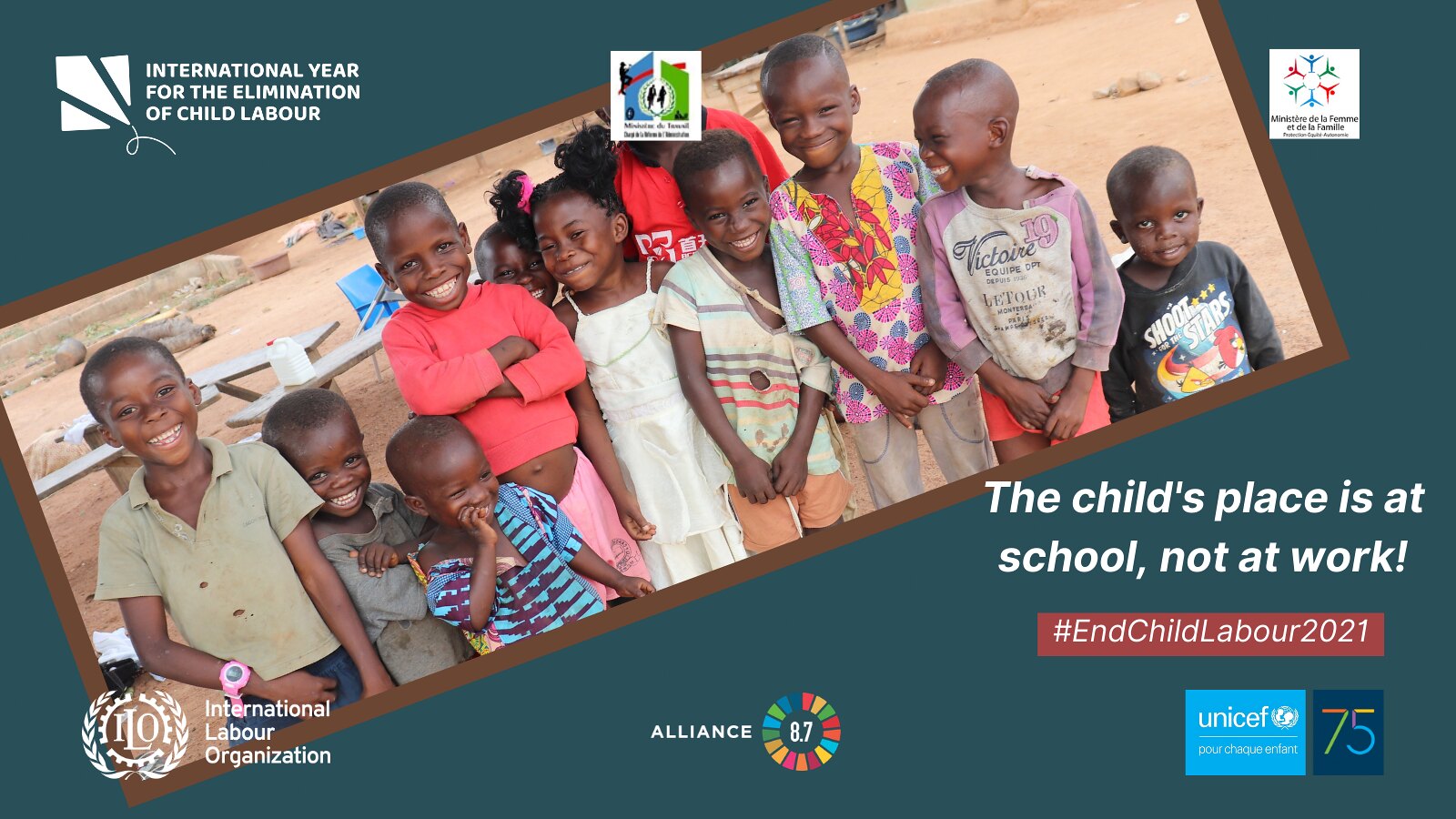|
Getting your Trinity Audio player ready…
|
Writes Virginia Gumbodete
Many children not only know wickedness but have to endure it, live it, sleep with it, and hug it every night and day of their young lives.
Being a child should be a period filled with fun, laughter, joy, and happiness, but there is a silent horror that is lurking insidiously, most times undetected, unspoken, unrelenting, unsavoury, and very unkind.
That horror is child abuse.
Child abuse in Africa is a major threat to the achievement of sustainable development goals on the continent and has become increasingly topical with, now an increase in recognition and an appreciation of the long-term harmful effects on the affected population.
Some scholars have said about more than 4.3 million children in rural Zimbabwe are allegedly victims of both emotional and physical abuse.
This has been worsened by economic aspects such as food shortages, unemployment, and unprecedented outbreaks such as the Covid-19 pandemic.
It should be mentioned that the contemporary young generation in Zimbabwe, commonly referred to as ama2000, referring to children born in the 21st century, is well-versed in what they refer to as their ‘rights’.
One can analyze that the moral contradictions between ‘ama2000’ and their conservative elders have given birth to a psychological conflict, thus child abuse.
Childline Zimbabwe’s 2020 report stated that in 2018 alone, more than 25 000 issues and cases of child abuse were reported in the country, and this was inclusive of both urban and rural Zimbabwe.
The classification of the abuses faced by children are as follows: 26 percent of the children faced sexual abuse, 20 percent of faced physical abuse, 17 percent encountered emotional abuse and the remaining 20 percent experienced other forms of abuse.
The infamous death of Memory Machaya who died while giving birth and the infamous 9-year-old who gave birth in Bulawayo has shown us beyond any reasonable doubt that many children are being victimized and there is a need for their total emancipation.
Coupled with some of our traditional and cultural beliefs which state that sex is sacred and should never be spoken about, especially amongst young people, the old guard has continued to use this as an area of penetrating the victims who in most case is completely oblivious and not cognisant of the act.
It is in this light that discussions of sexual abuse issues and cases should be prioritised in this contemporary world.
In Zimbabwe, it is alleged that sexual abuse is approximately 56.5 percent.
This should be enough reason to take matters to another level as the number of abused children on the continent has always been underestimated.
Total emancipation and empowerment of the girlchild through addressing this issue becomes of virtue rather than vice, so as to protect them from those with wanton behavior of taking advantage of the vulnerable children.
The psychological intervention towards alleviating this challenge needs to be done on a three-dimension platform and perspective which is the primary, secondary, and tertiary depending on how epidemic it has been.
The 16th Sustainable Developmental Goal (SDG16) projects the need for peace, justice, and strong institutions by using liberal social psychology.
Government institutions should support the noble cause of protecting the girlchild.
This trend can be reversed with the education of the public on forms of abuse and the rights of children as long as governments, along with its health sectors, social services, and justice systems wake up to this serious threat, not only to African children but of course to its future adults as well.
Virginia Gumbodete, Masters Counseling student at Great Zimbabwe University (virginiadaisygumbodete@gmail.com)
